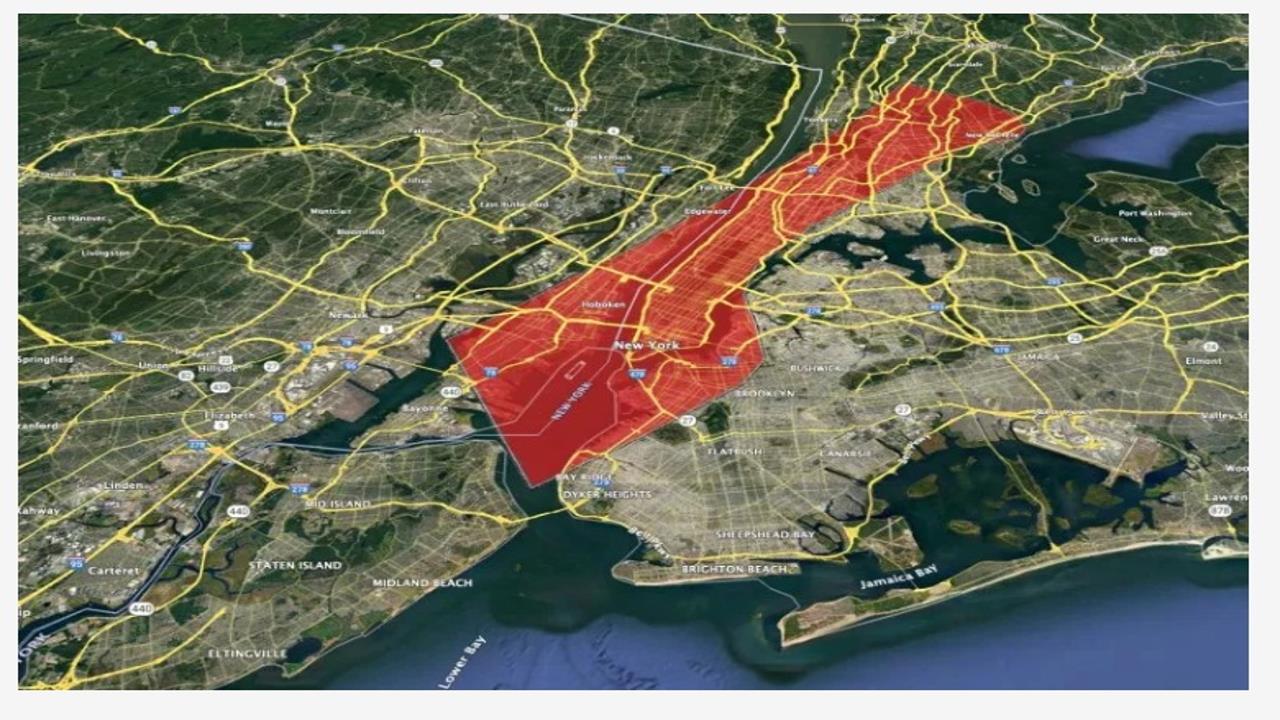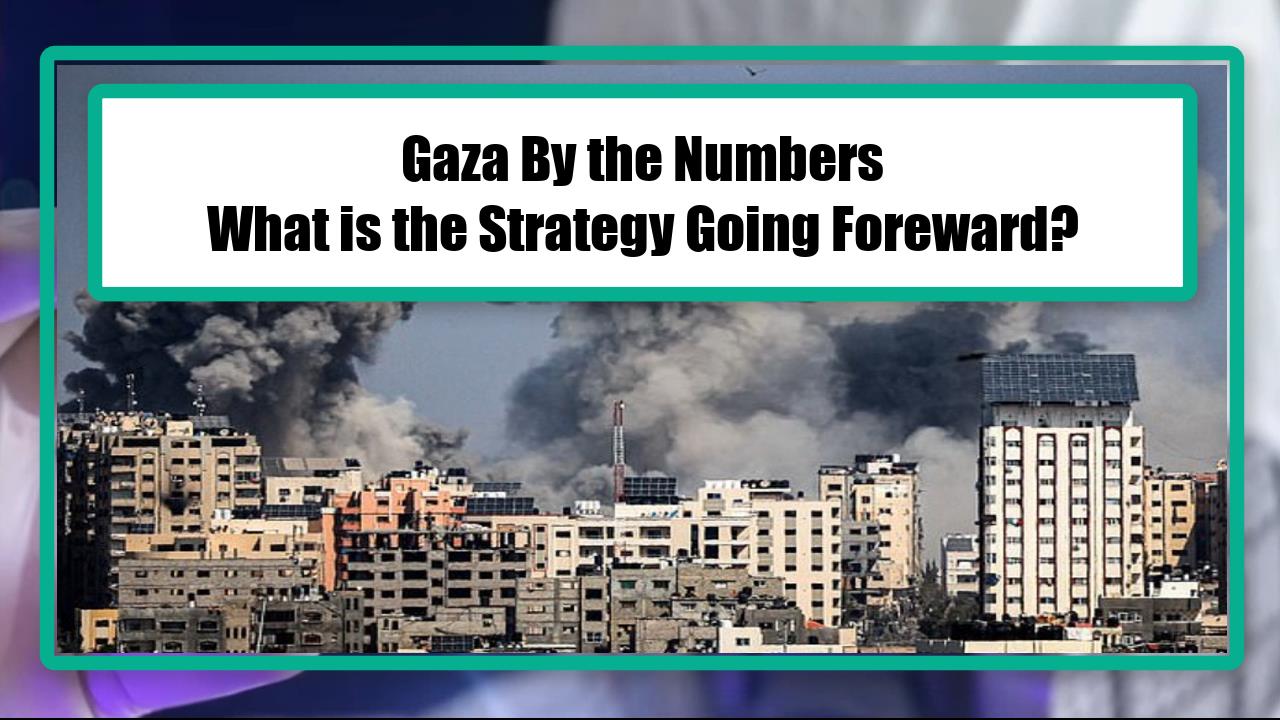Video:
Take our online poll:
AI Analysis:
The Geneva Conventions are a set of international treaties that primarily concern the protection of individuals who are not taking part in the hostilities of armed conflicts, including civilians, wounded or sick combatants, and prisoners of war. The Conventions do not specifically outline rules of engagement or the right to self-defense, retaliation, or collective punishment in the same way that military doctrine or national laws might. Instead, they focus on humanitarian principles and the treatment of those affected by armed conflicts.
However, the rules of engagement for a country in a war situation are typically based on a combination of factors, including the country's national laws, military doctrine, international agreements, and the specific circumstances of the conflict. Here are some key points to consider:
1) Right to Self-Defense: International law, including Article 51 of the United Nations Charter, recognizes the inherent right of states to self-defense when they are under armed attack. The use of force in self-defense should be necessary and proportionate to the threat.
2) Prohibition of Collective Punishment: The principle of collective punishment is generally prohibited under international humanitarian law. It means that punishing an entire population or group for the actions of a few individuals is not permissible.
3) Principle of Proportionality: The use of force in armed conflict should be proportionate to the military objectives pursued. Disproportionate or excessive force is generally prohibited.
4) Targeting Principles: Military forces should distinguish between combatants and non-combatants, and they should avoid targeting civilians and civilian objects. Deliberate attacks on civilians are considered war crimes.
5) Protecting Non-Combatants: The Geneva Conventions and their Additional Protocols provide specific protections for wounded, sick, shipwrecked, and prisoners of war, as well as for civilians not taking part in hostilities.
6) Treatment of Detainees: The treatment of captured combatants should comply with the Geneva Conventions, which outline the rights and protections for prisoners of war.
It's important to note that the rules of engagement for a country at war can vary depending on the specific conflict, the nature of the adversary, and the legal and ethical principles guiding the country's military operations. These principles are also subject to interpretation and can be influenced by evolving norms and practices in the field of armed conflict. The specific rules of engagement are typically established by a country's military authorities and legal experts to ensure compliance with international law and national policies.
Chart:

References:


Comments